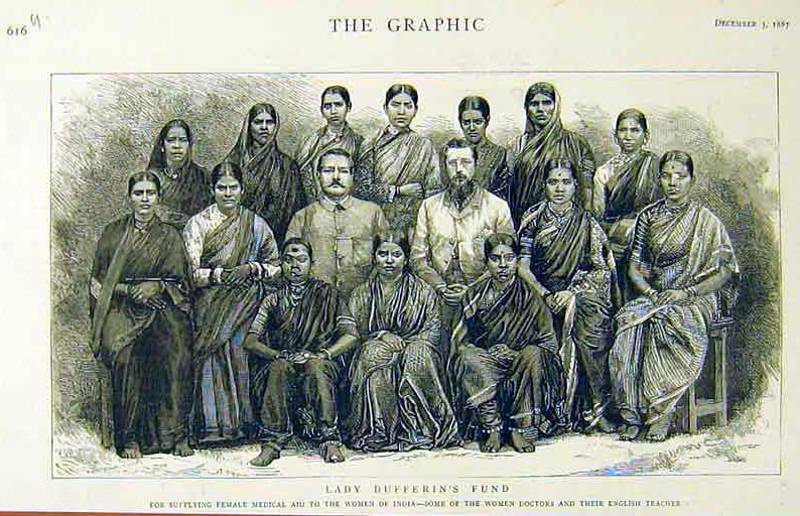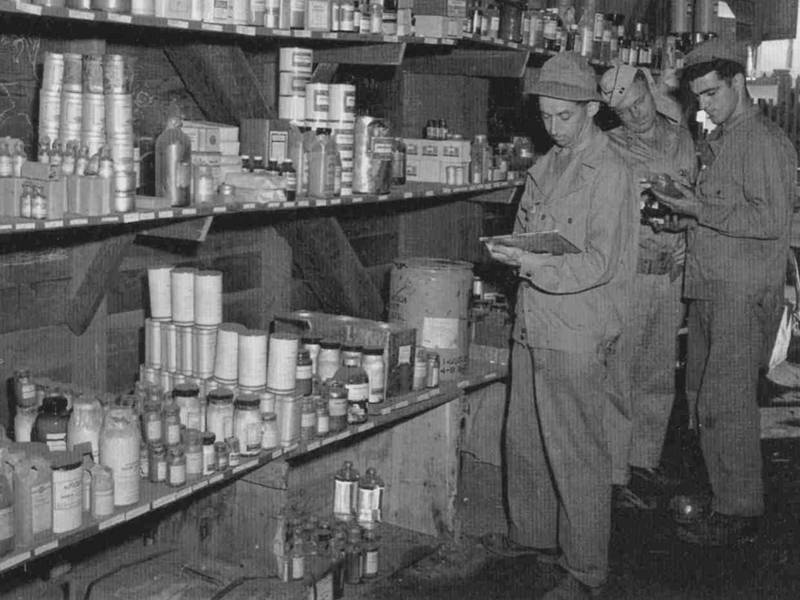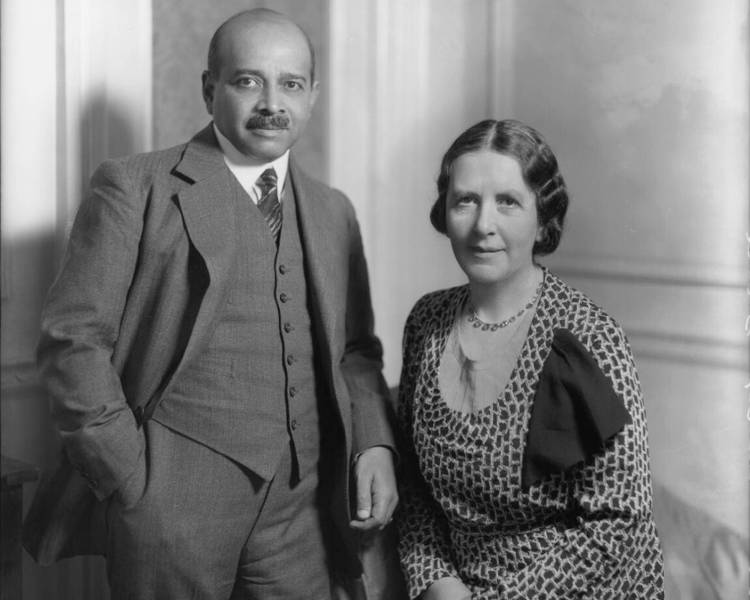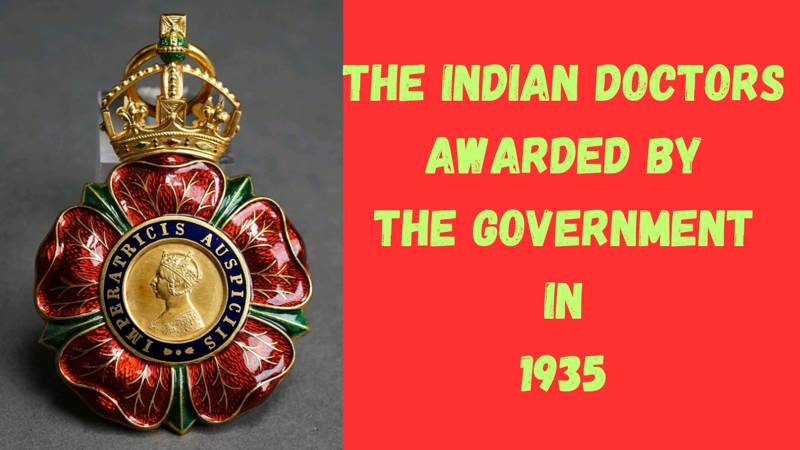Following is the text of an article published in several Australian Newspapers during May-June 1889.
MEDICAL WOMEN IN INDIA.
Medical women are finding a wide field for their labours in India. In a recent number of an English journal appears an interesting account of the progress of the movement to supply female medical aid to the women of India. Lady Dufferin, during the period of her husband’s rule in India, has inaugurated this movement, and in doing so has affected a social revolution in that country.
There are no less than 220 native girls in the various schools in India studying medicine. At Madras there are twenty-three scholarships for female medical students. Two of these have been founded by the High Priest of the Hindoo temple, at Baidzanath (Baidyanath), one for any Hindoo female of high caste, studying at the Calcutta Medical College, and the other for sick nurses.
That high caste Hindoo ladies should be encouraged in this work showed a loosening of the iron bands of caste, that not long since would have been impossible. The fourth annual report of the Central Indian Committee of Lady Dufferin's Fund for the purpose of giving medical aid to the women of India, is said to be highly satisfactory. Hospitals are being rapidly built all over India for the relief of the native women, and the chief object of the committee is to train native women to take charge of these hospitals.
In the meantime women are being invited to come to India, train these students, and supervise the hospitals. Each properly qualified medical woman receives 300 rupees a month, or nearly £300 a year, with the sum of £80 for outfit, and free quarters. She is also allowed to engage in private practice to some extent. At the present time the committee of the Lady Dufferin's Fund offers appointments to trained medical women in Bhopal, Rewah, Kapurthala, Khetri, Kotah, and elsewhere.
In a few years' time, however, it is hoped that the native female medical students, now in training, will be able to take charge of the hospitals, and the necessity for importing European medical women will be at an end. To all interested in the progress of medical women these facts should be welcome. It is strange to think that only thirty years have elapsed since Miss Garrett, now Dr. Garrett Anderson, knocked in vain at the doors of all the British universities in order to be allowed to study medicine. Now the medical instruction denied to Miss Garrett is freely offered to the heretofore despised women of India.
It is unlikely that Australian women-doctors will seek India as a field for their labours. If, as Mr. Henniker-Heaton prophecies, there will be ten millions of people in Australia in a decade, it will be unnecessary for the girl medical students now at our universities to seek fresh woods and pastures new. It is, however, interesting to note that the light of science is spreading over a country once so clouded by superstition as India.
Lady Dufferin has not only ameliorated the condition of the women of India ; she has also done much to improve the physical and mental condition of a benighted people, and to break the bonds of caste. The women of India are deeply grateful for her efforts to serve them. Innovators seldom meet with gratitude during their lifetime, but Lady Dufferin has been fortunate in this respect. When she left India the women of respect. When she left India the women of Ulterpara (Uttarpara) presented her with an address, of which these verses are the essence: —
How shall she know the worship we would do her? The walls are high, and she is very far. How can the women's message reach unto her. Above the tumult of the packed bazaar? Free wind of Chait against the lattice blowing Bear thou our thanks lest she depart unknowing. If she have sent her servants in our pain. If she have fought with death and dulled his sword — If she have given back our sick again, And to our breast the weakling lips restored — Is it a little thing that she hath wrought ? Then, birth and death and motherhood are naught. Haste, for our hearts are with thee — take no rest ! Clear-voised ambassador, from sea to sea, Proclaim the blessing maniford, confessed, Of those in darkness by her hand set free — Then very softly to her presence move, And whisper— Lady? lo! they know and love?


insideNainiCentralPrison.jpg)

I.M.S..jpg)



